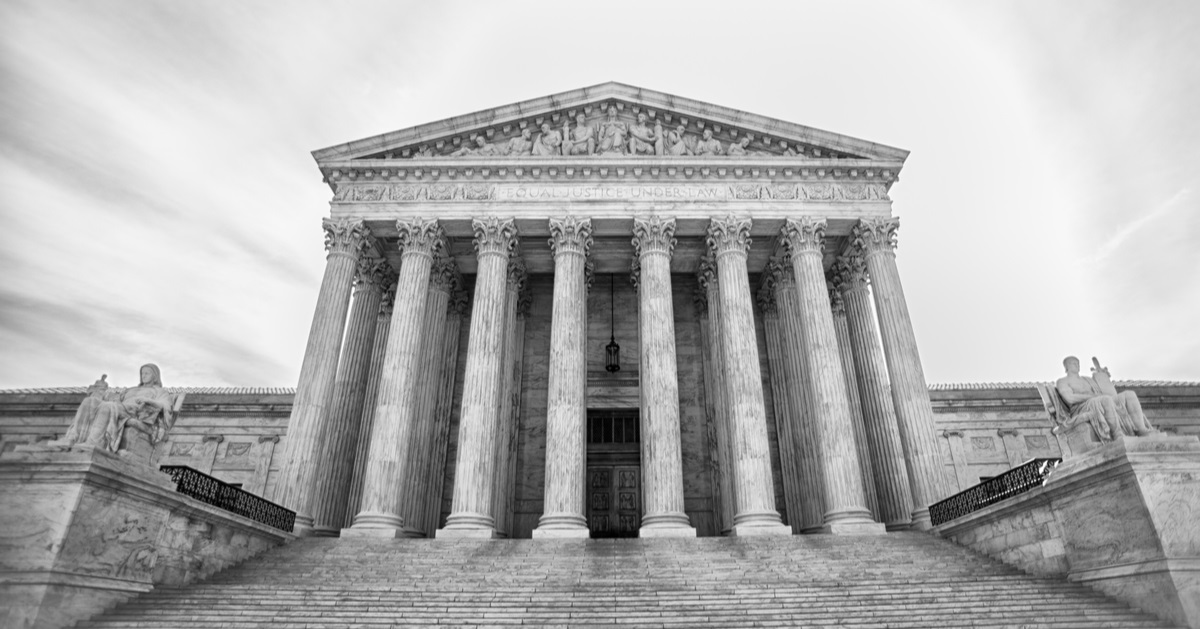DANIEL VAUGHAN: Rejecting the Prisoner of History - Revisiting Reagan's 1980 landslide
One of the great things about the internet and YouTube age is that you can pull up old telecasts from times past. One of my recommendations recently was for the entire six-and-a-half-hour broadcast of NBC News for the 1980 Presidential election, featuring Ronald Reagan, Jimmy Carter, a young Tom Brokaw, and plenty of advertisements for hair products that are likely all banned now under local, national, and international treaties for being harmful to humans and the environment. Everyone has perfectly unmoveable hair, though.
The 1980 election was notable for not only Ronald Reagan winning but running to a landslide victory. Jimmy Carter only managed to win Georgia, West Virginia, D.C., Rhode Island, and Minnesota. Reagan swept every other state. The NBC crew spent most of the night in shock that a landslide election was underway, though it made sense if they paid any attention to their numbers.
The politics of the news media hasn't changed much, and you can tell most of them are dyed-in-the-wool Democrats. David Brinkley spends time talking about the polls being possibly wrong and even trots out a "shy Reagan" voter, people who voted for Reagan but never told pollsters. It's a reminder that the more things change, the more they stay the same.
The Prisoner of History theory.
One of the commentators NBC News brought on for the night was historian Theodore White, who wrote the book "The Making of the President 1960." White said that poor Jimmy Carter was a victim of history. Carter was buffeted by forces beyond his control, like inflation, the Cold War, and other elements that Carter couldn't solve.
White's view is one where the success of a President is dependent on luck. It's the pessimistic view of leadership. The more optimistic view was described by former British Prime Minister Harold Macmillan, who served with Winston Churchill. "When Prime Minister Harold Macmillan was asked what was the greatest challenge for a statesman, he replied: 'Events, dear boy, events.'"
You're either buffeted by events or a prisoner to history. I side with Macmillan because it places more responsibility on how one responds to history.
Carter is an excellent example, too. When Carter got elected in 1976, inflation was already an issue, the Cold War was still active, and foreign affairs were a driving factor since the Vietnam War had only ended a few years prior. Carter also had the incredible blessing of running after the implosion of Republicans after Richard Nixon was forced to resign or face certain impeachment.
Carter's broken promises.
Gerald Ford did his best to right the ship. Still, Americans understandably wanted a change of direction in 1976 after the Nixon years, and Democrats benefitted. But in less than four years, Carter and the Democrats managed to squander that full advantage. They failed to solve inflation, America's international standing dropped, and unemployment grew.
The events that wrecked Carter were present during his election in 1976. Ronald Reagan faced similar issues in 1980. He worked with the Federal Reserve to solve the inflation problem, which resulted in a double-dip recession from 1980-1982. But the economic turnaround started soon after, and Americans rewarded Reagan with an even larger landslide election in 1984.
Two presidents who faced similar events in history, one responded, and the other shrunk from it. One President saw himself as a prisoner to historical forces, and the other reshaped the direction of history.
There are similar truths to life as well. You can't choose the historical events you live during. You can't always control the storms you enter. But it's also true that many others face the same thing, and everyone controls how they respond.
Neither success nor failure is guaranteed - hard work can be.
The political philosopher Niccolo Machiavelli said, "All courses of action are risky, so prudence is not in avoiding danger (it's impossible), but calculating risk and acting decisively. Make mistakes of ambition and not mistakes of sloth. Develop the strength to do bold things, not the strength to suffer."
Jimmy Carter blamed others for his issues on things like inflation. Ronald Reagan said there are things a president could do about the problem - the voters believed that message. Reagan was right, the President could act, and the country was not simply a prisoner to the moment.
Reagan's track record proves that obvious point because everyone was better off by the end of his term than at the beginning. Listening to the 1980 broadcast, it's a reminder that the more things change, the more they're the same. Leadership matters in every term, and when a country is buffeted by events, that's a choice from the top leadership.
Reagan's answer to the nation's problems was so forceful and triumphant that his coalition wouldn't break for over a decade when Bill Clinton adopted Reaganite positioning in the center and won a plurality election in 1992. But that shift happened after Reagan had defeated inflation, the Soviet Union, and eradicated Jimmy Carter's malaise.
The late great Charles Krauthammer quipped, "Decline is a choice." When you revisit the elections and political fights of old, sometimes success is a choice too. You have to see it and take those opportunities when they arise.






